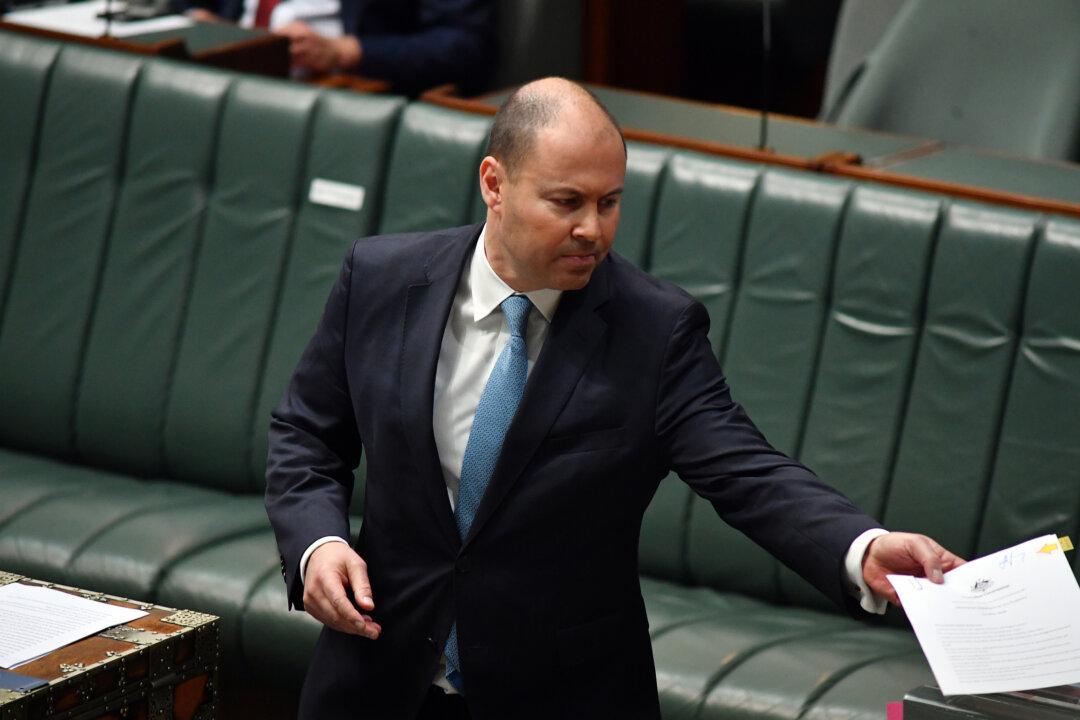Treasurer Josh Frydenberg has tightened the screws on third-party litigation funders, introducing new laws to increase regulation and address issues where plaintiffs are receiving a low portion of successful compensation claims.
Funders will now need to hold an Australian Financial Services Licence which will put them in the same class as banks and other lenders, subjecting them to stricter rules around transparency and accountability, and bring them under the gambit of the Australian Securities and Investments Commission (ASIC).





